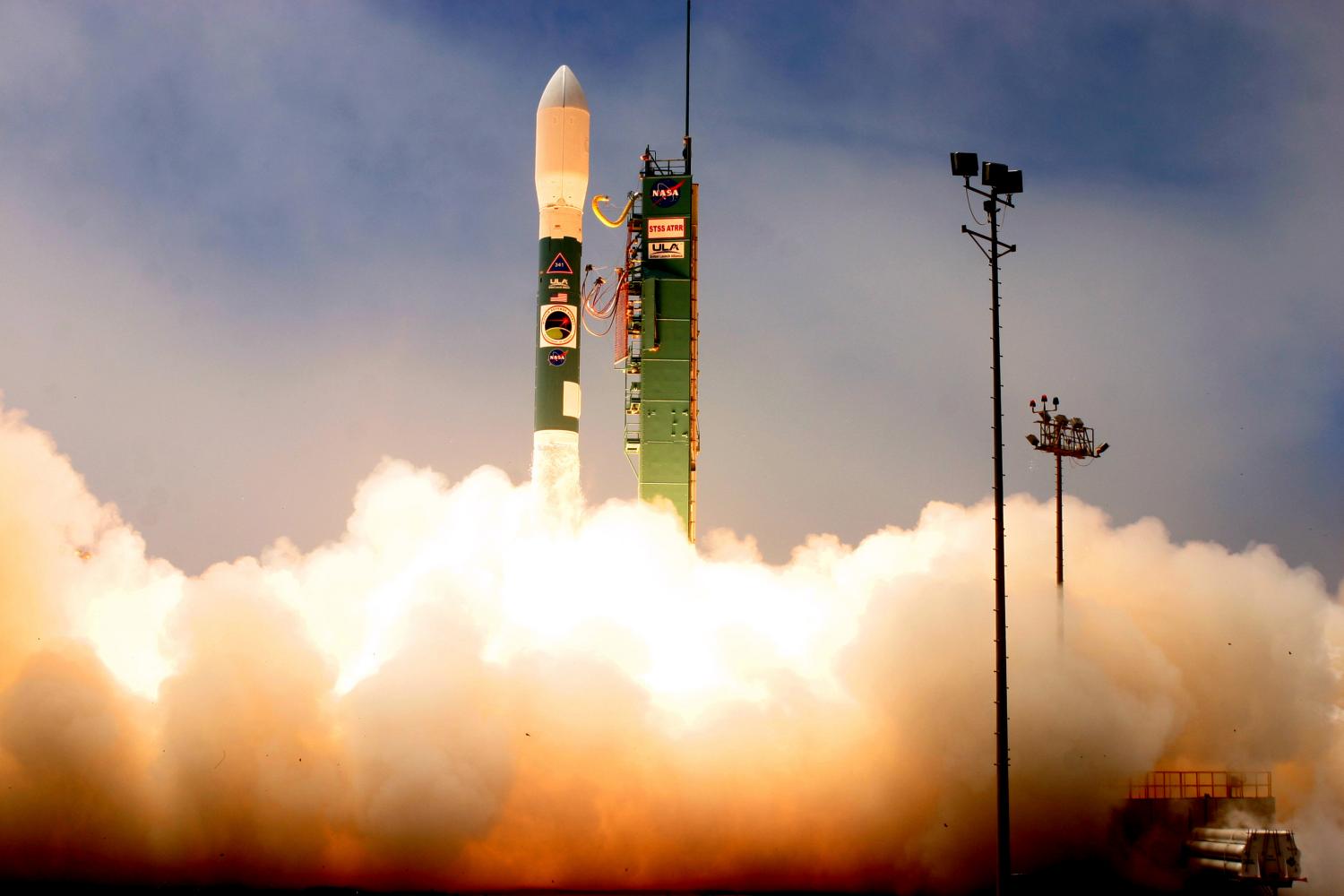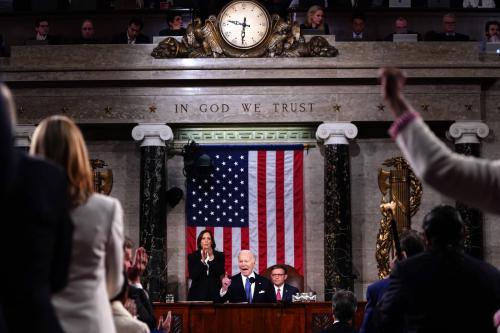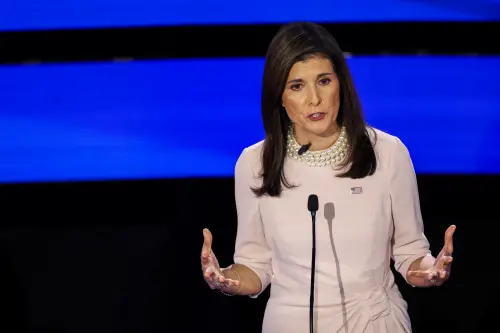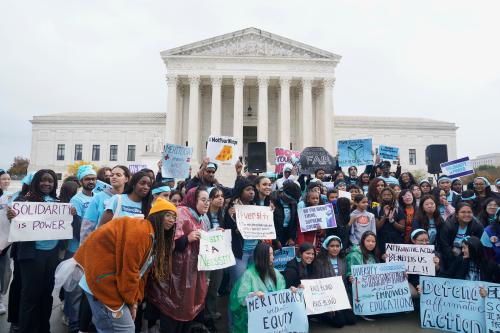President Obama seeks to reduce nuclear weapons below the levels in the New START Treaty, but Russia has shown little inclination to engage. Steven Pifer writes that the president should order accelerated implementation of New START’s limit on deployed strategic warheads, and should test the waters regarding the possibility of securing Senate approval of the Comprehensive Test Ban Treaty.
 |
MEMORANDUM TO: President Obama |
Background
In January 2013, I recommended that you build on the New Strategic Arms Reduction Treaty (New START) by engaging President Putin on a new round of bilateral nuclear arms cuts, to include non-strategic nuclear weapons; seeking a cooperative NATO-Russia missile defense deal; and testing the possibility for Senate approval of the Comprehensive Test Ban Treaty (CTBT). Unfortunately, Moscow has shown no enthusiasm for further nuclear reductions and has not responded seriously to our offer of a transparency agreement that would assure them that U.S. missile defense plans pose no threat to Russian strategic forces.
Recommendations
You have offered solid proposals on further nuclear reductions and missile defense, including to
reduce New START’s deployed strategic warhead limit by one-third. There is no need to add to them now, as we do not want to get into a negotiation with ourselves. We will see whether Moscow decides to adopt a more forthcoming approach.
Meanwhile, your administration should make the point publicly, more in sorrow than anger, that reasonable U.S. proposals are on the table and that the responsibility for the lack of movement rests with the Kremlin. That will become important as we approach the 2015 Non-Proliferation Treaty (NPT) review conference, where non-nuclear weapons states will undoubtedly question U.S. policy and commitment to meet its NPT obligation to disarm.
You should instruct the Department of Defense to accelerate implementation of New START’s limit of 1,550 deployed strategic warheads. The Russians are already below the limit, and we do not need until the 2018 deadline to reach it. Warheads can be removed from ballistic missiles relatively quickly and at little cost, though at no real financial savings. Such an acceleration would underscore your policy of reducing the number and role of nuclear weapons in U.S. security policy. Should Moscow continue to refuse to engage, you may wish to consider whether to implement other changes to the U.S. nuclear force structure without regard to Russian actions, but that is a question for the end of 2014 or 2015.
CTBT ratification remains in the U.S. interest, but gaining a two-thirds majority in the Senate would pose a stiff challenge, even without the current tensions on Capitol Hill. You do not want to commit to a path that would lead to a second ratification failure. However, you might consider a public statement in favor of ratification, either in your State of the Union address or a subsequent speech. That would allow us to see what the non-governmental arms control community—which is very interested in ratification—could do in building Senate support before we conclude CTBT is in the “too hard” category.




